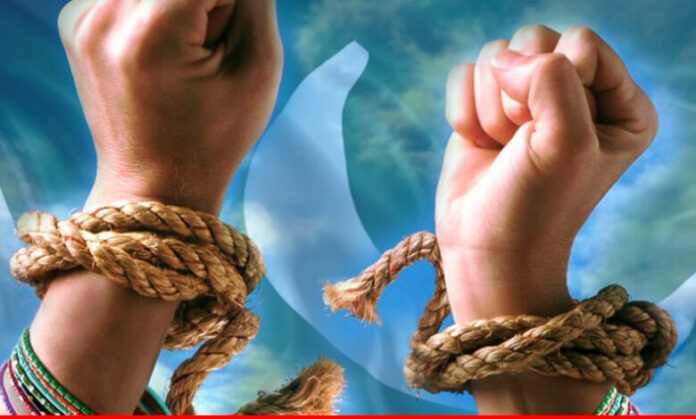
In today’s modern era, women are making strides in every field, whether business or administration, showcasing their talents and achieving success. However, there are still women who remain unaware of the outside world, isolated from its happenings.
A few days ago, a child’s continuous cries captured my attention during a bus journey from Peshawar to the village. As I inquired, the child’s mother revealed he was thirsty, and seeking water. I urged her to ask the driver for water. Hesitant, she softly confessed, “I feel ashamed. The driver and other locals on the bus belong to our village; what will they think if I request water?”
Witnessing this, I couldn’t help but feel a mix of frustration and concern. In today’s world, there are women in tribal areas who still feel embarrassed to ask for water for their children. Determined, I instructed the driver to stop. The child needed water, and passengers stared at me as if my actions were unusual. The driver, acknowledging the child’s thirst, handed me a bottle, bringing an end to the cries.
Also Read: 7.45 Lakh Children Exploited in Child Labor Across Khyber Pakhtunkhwa, Urgent Action Needed
Addressing the mother, I asked, “You couldn’t ask for water?” She replied, “Daughter, it’s Pashto. Talking is considered inappropriate. Men in our family advise us not to speak while traveling, especially in such local settings, fearing what acquaintances might think.”
Her words were eye-opening, highlighting the societal norms imposed on women. Our women are conditioned to silence, even when a child is in need. This stems from the belief that maintaining Pashto traditions and the homeland’s image is paramount.
It’s crucial to instill confidence in our women so they can navigate societal situations. If they can’t speak up for water, how will they handle other challenges? Women in my village lack self-confidence, which is evident in their anxiety when undertaking necessary tasks outside. This fear must dissipate.
Parents should instill trust in their daughters from a young age, encouraging them to excel in every aspect of life. This empowerment ensures that if their child cries for water tomorrow, they can confidently request it

